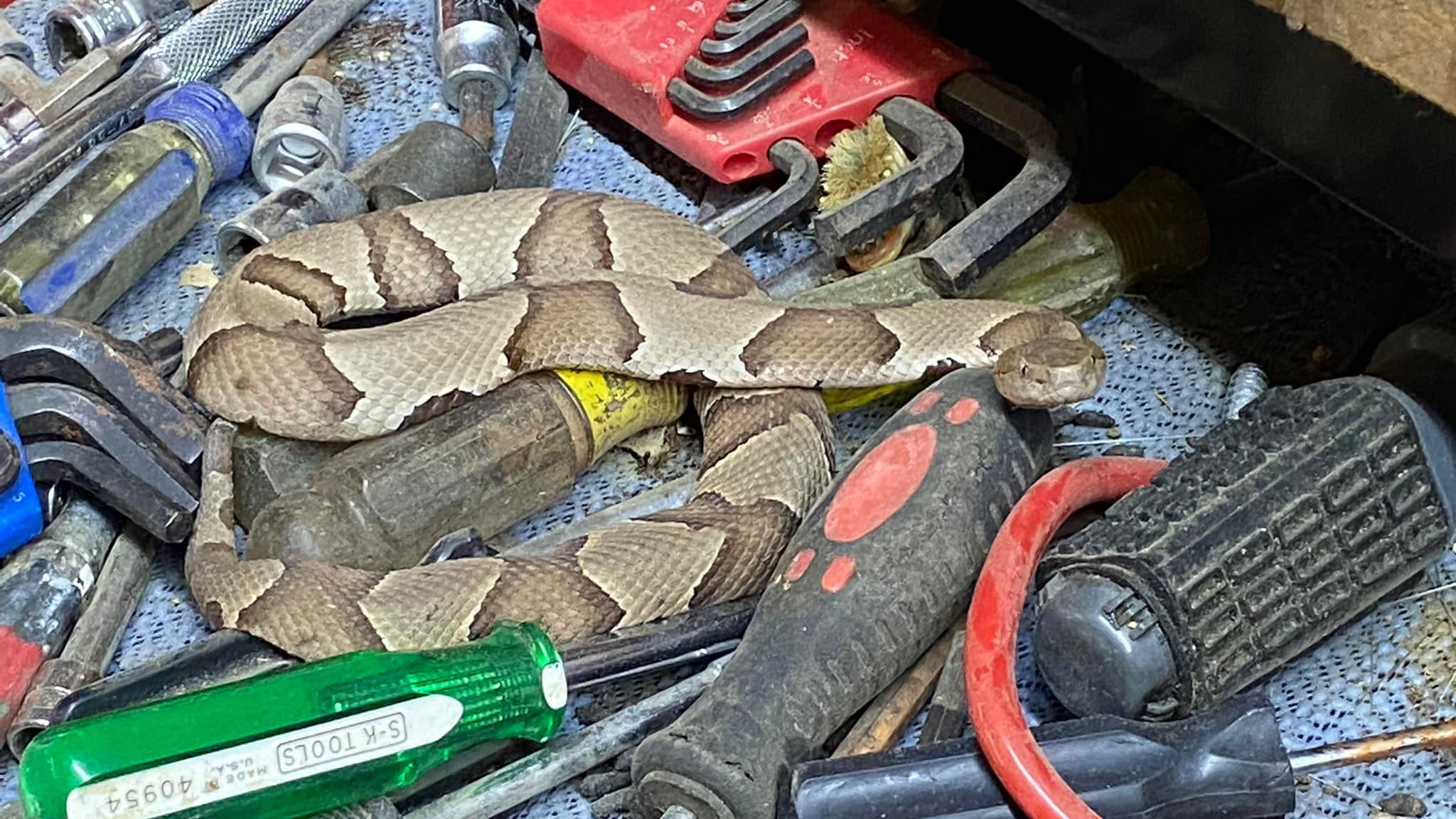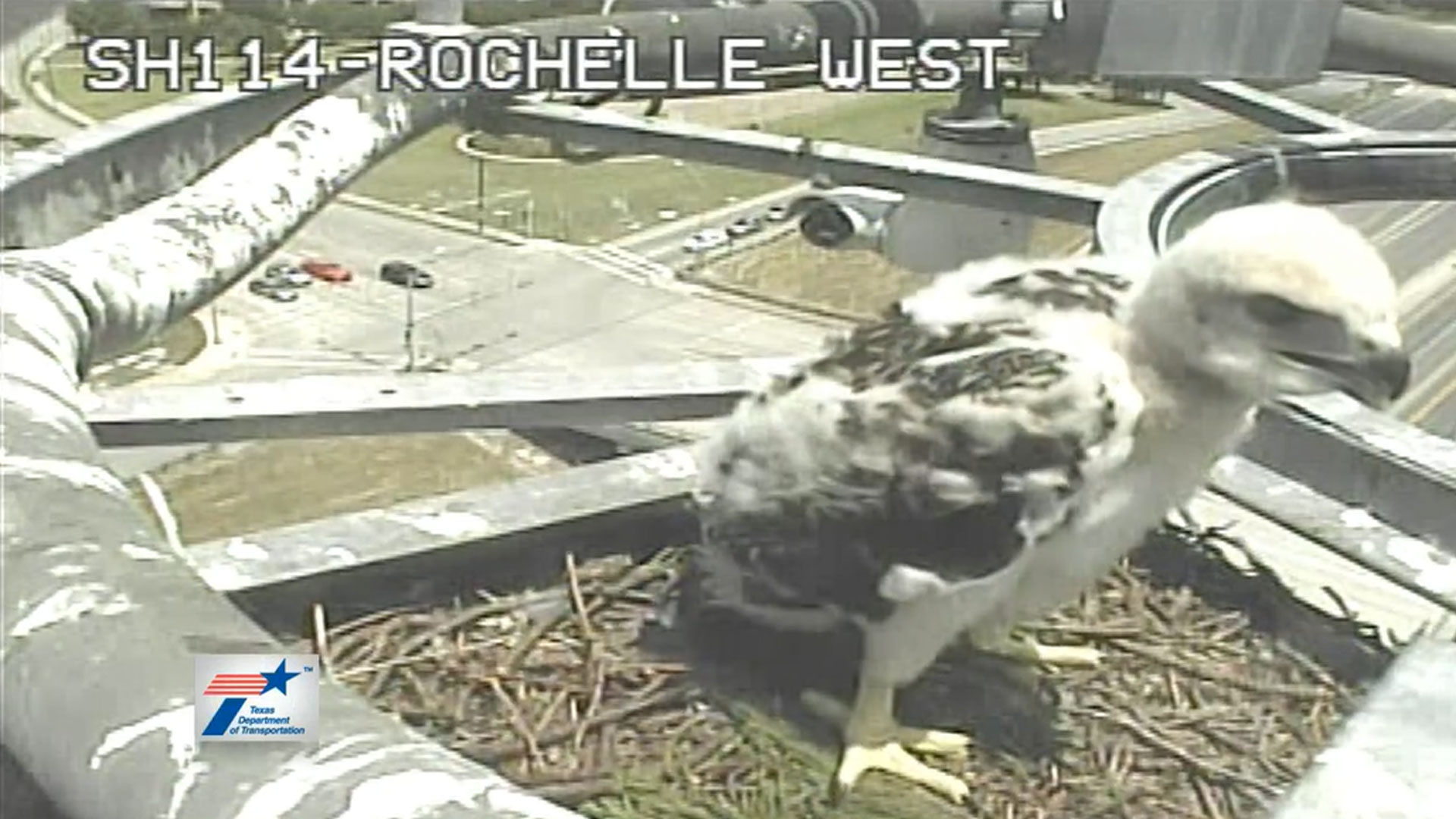Alligator sightings are not uncommon at Lake Worth, and Karen King is the latest NBC 5 viewer to capture a gator on camera Sunday.
King tells they spotted the gator Sunday afternoon on Lake Worth Lake near Love Circle.
The area is not far from the Fort Worth Nature Center and Refuge which is where alligators were photographed sunbathing last year.
King's video shows the gator moving calmly in the water, in both videos the gator seems to just be floating on the current nearly motionless.
Get top local stories in DFW delivered to you every morning. Sign up for NBC DFW's News Headlines newsletter.
PEAK TIME FOR ALLIGATORS IN TEXAS
Texas Parks & Wildlife says March 1 through May 30 is the peak time for alligator breeding and nesting.
Alligators are native to the Trinity River watershed region. They prefer areas with little human activity but will follow their food source -- which consists of fish, small mammals, birds, turtles, snakes, frogs and invertebrates.
They have been seen on Lake Worth and Eagle Mountain Lake.
The American Alligator is typically found in freshwater, Texas Parks & Wildlife says while once an endangered species, the alligator is now a protected game animal in Texas and special permits are required to hunt, raise or possess alligators.
WHAT TO DO IF YOU SEE A GATOR
- Alligators have a natural fear of humans and usually begin a quick retreat when approached by people.
- If you hear an alligator hiss, it's a warning that you are too close.
- If you have a close encounter with an alligator a few yards away, back away slowly. It is extremely rare for wild alligators to chase people, but they can run up to 35 miles per hour for short distances on land.
- If you walk near the water and an alligator comes straight toward you, especially if it comes out of the water, it is definitely a nuisance alligator that needs to be reported to TPWD. In many cases, these are alligators that have been fed by people or have been allowed to get human food.
- If you see an alligator in the roadway, DO NOT attempt to move it! Notify local authorities so the alligator can be handled safely.
You can read more from the Texas Parks & Wildlife Department by clicking here.
Get updates on what's happening in North Texas to your inbox. Sign up for our News Headlines newsletter.



